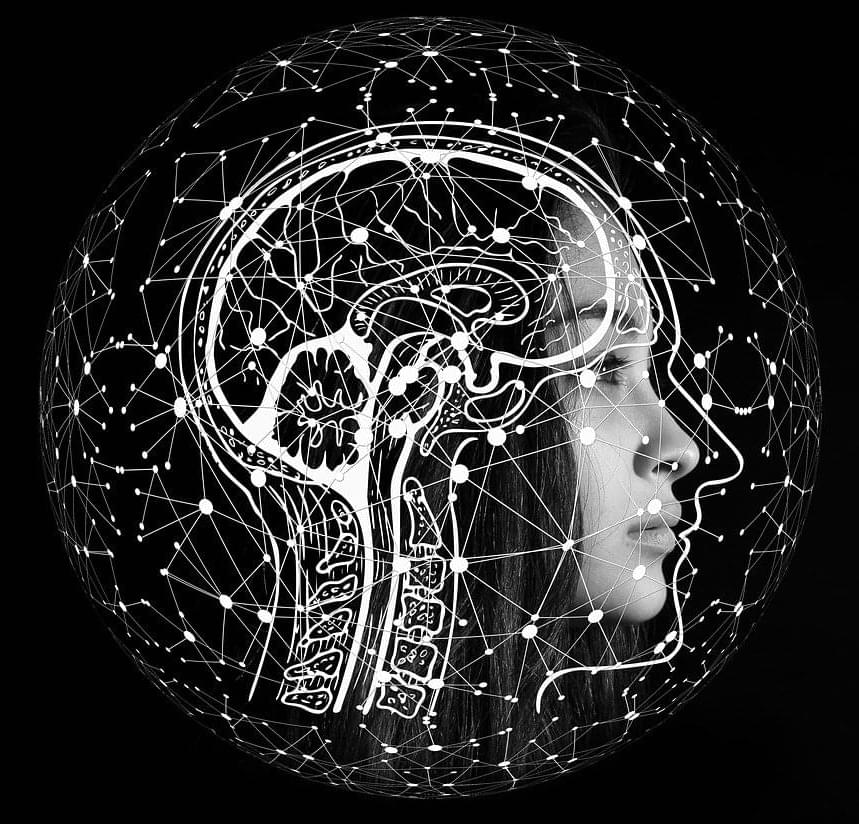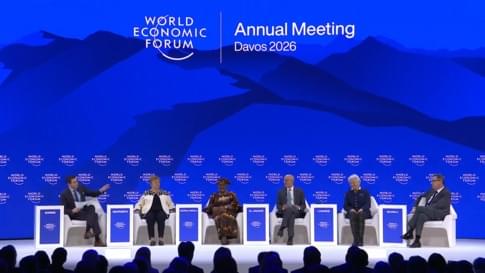“Artificial intelligence is a so-called general-purpose technology that will fundamentally change our economic and social system,” said Andreas Raff.
How can fears about AI replacing jobs impact trust in democracy? This is what a recent study published in the Proceedings of the National Academy of Sciences hopes to address as a team of researchers from Germany and Austria investigated how the perception of AI replacing jobs could erode trust in political attitudes. This study has the potential to help scientists, legislators, and the public better understand the impact of AI beyond professional and personal markets, and how it could impact political societies.
For the study, the researchers conducted two separate surveys designed to obtain public perception regarding AI’s impact on the job market and how this could influence political attitudes. The first survey was comprised of 37,079 respondents with an average age of 48 years with 48 percent men and 52 percent women from 38 European countries and conducted from April to May 2021. The goal of this first survey was to ascertain perceptions of whether AI was considered as job-replacing or job-creating and how this impacts trust in political establishments. The second survey was comprised of 1,202 respondents from the United Kingdom with an average age of 47 years, and the goal of this second survey was to ascertain perceptions regarding identify causes for this relationship.
In the end, the researchers found that respondents who viewed AI more as job-replacing than job-creating also carried a perception of a lack of trust in political establishments. The researchers also found that respondents who were informed that AI will replace jobs caused them to have a distrust in political establishments.




